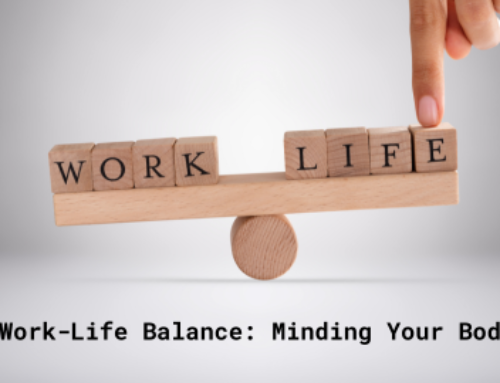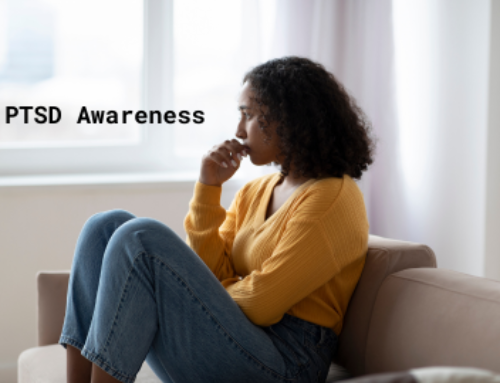What is Postpartum Depression?
Postpartum depression is defined by The National Institute for Mental Health (NIMH) as “A mood disorder that can affect women after childbirth… that may make it difficult for them to complete daily care activities for themselves or others.”
Also called “baby blues,” postpartum depression manifests in different ways and is more common than reported, mainly because it’s hard to talk about. New motherhood is often portrayed as a time of nothing but joy, despite the sleepless nights, the toll taken on the body by childbirth, and the life changes that a newborn brings. New parents may feel pressured by others to be happy when they feel anything but. They may be upset with themselves if their happiness cup does not run over.
Postpartum depression is completely normal and needs to be destigmatized. New parents need to be supported and encouraged, not judged. We want to shed some light on the realities of postpartum depression, because criticizing someone for feeling down is not helpful and can make people withdraw and suffer in silence.
Facts About Postpartum Depression
Postpartum Hormones
The type and level of hormones in the body from conception to long after birth vary wildly and have a marked effect on both bodily function and mental health. During pregnancy, high levels of estrogen and progesterone are present, but within a day after birth, they plummet. For a general idea, imagine a much more drastic form of PMS. Giving birth also affects the thyroid, interfering with energy use and storage.
Physical Recovery After Birth
Carrying and giving birth to a child is immensely tasking and can have physical repercussions that last for years. To go through pregnancy, childbirth, and then be responsible for a baby that requires attention at all hours of the day and night is a strenuous task. Sleep deprivation, a disrupted routine, and physical pain all add to the stress of new parenthood or a growing family.
Everyday Life After Baby
Babies, especially newborns, need lots of attention and care, and parents can feel like all their time is devoted to the baby. Postpartum depression can also happen to fathers and parents of all genders. When caring for an individual with postpartum depression, the whole family should be considered. If there are other children, they can also be affected. They may feel like there is no time or attention left for them and may resent the parent(s) and the baby.
Symptoms of Postpartum Depression
Some of the symptoms of postpartum depression are the same as other forms of depression, but some are unique. Symptoms include:
- Difficulty bonding with the baby, even thoughts of neglecting or harming the child.
- Anxiety, fear of failure, feelings of inadequacy, and fear of being a bad parent. Sufferers may have unrealistic expectations placed on them by themselves or others.
- Feeling overwhelmed and stressed out. Being responsible for the wellbeing of a small, fragile human is a tall order.
- A feeling that they have lost their previous life or self, especially if the child is their first. Sufferers may feel isolated from spending most of their time at home with the baby.
TMS for Postpartum Depression
You are not a bad parent, and these feelings are not your fault. We believe that the peace and wellbeing of parents should be a priority in our society. Children are also better off if their guardians have their mental health needs addressed by caring professionals.
Talk therapy and support groups can be very helpful for new parents, providing not only support but socialization, validation, and resources. Medications can also be helpful, but care should be taken if nursing.
If medication has not had a beneficial effect, or if medication cannot be taken, trans-cranial magnetic stimulation therapy may be an option. Consult with your physician and insurance provider. TMS is non-invasive, is generally well-tolerated, and can be combined with other forms of treatment for a thorough approach to treating postpartum depression.




